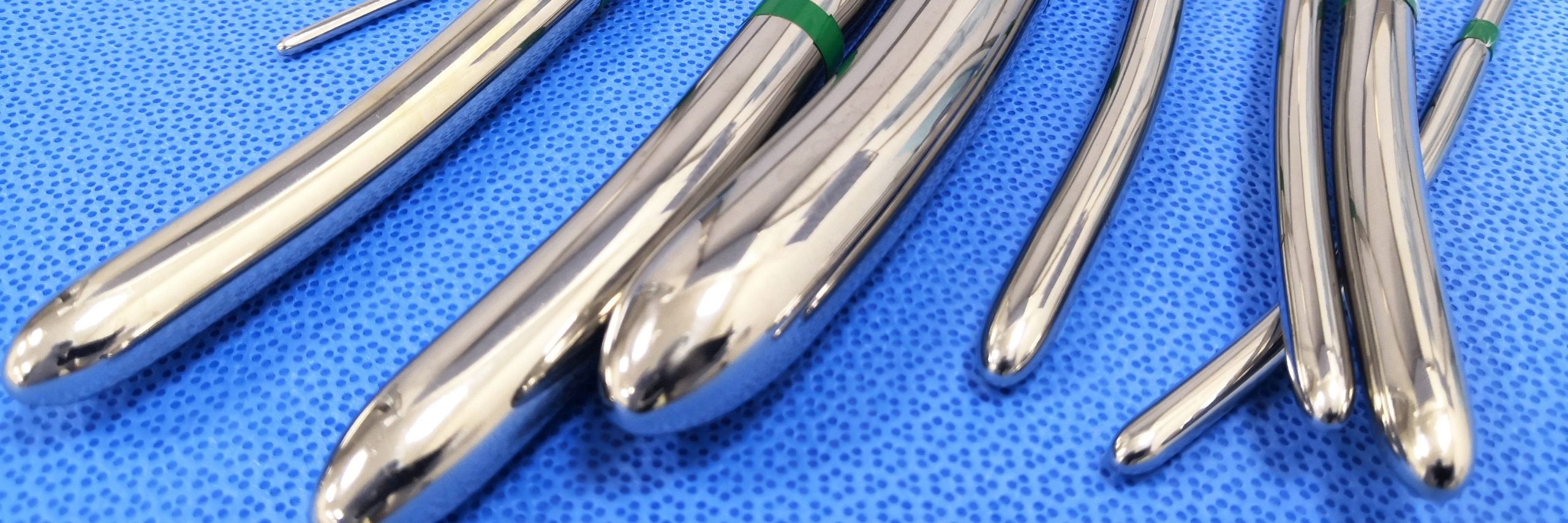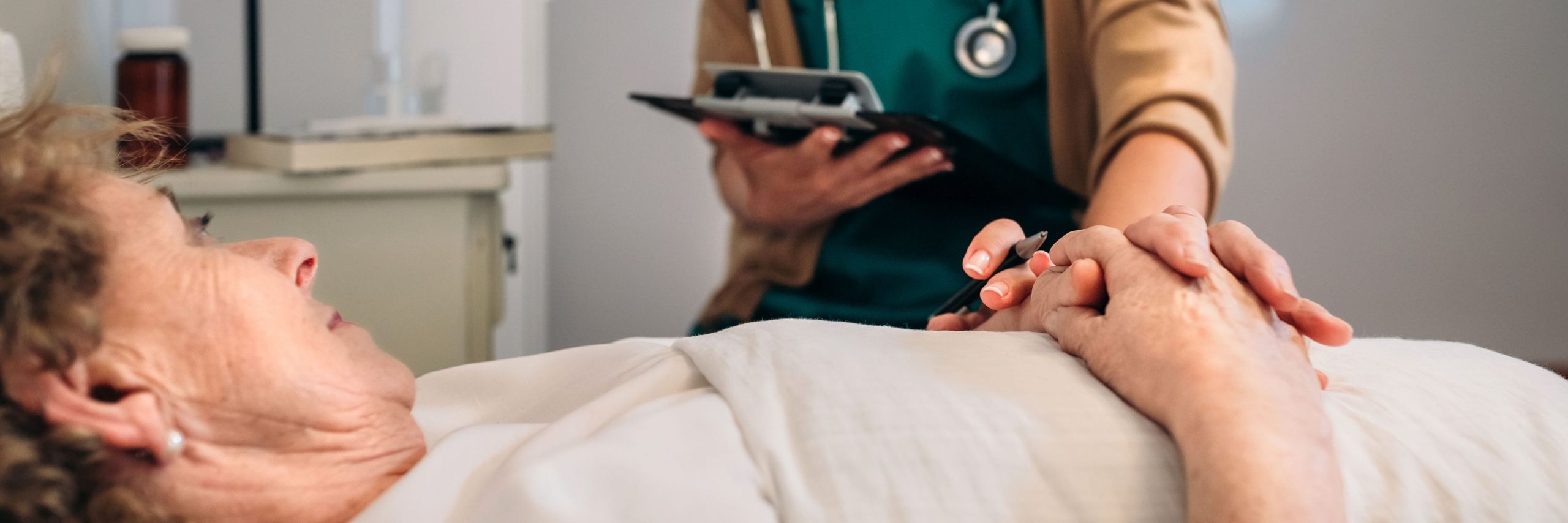There is relatively little known about the effect of subjective cognitive decline on everyday behaviors in community-dwelling older adults. We investigated use of compensatory strategies, busyness, and engagement in productive activities in older adults with subjective decline versus those without subjective decline.
353 adults (65+ years old) completed an online survey including demographic information, self-reported decline in functional cognition (Everyday Cognition Questionnaire; ECog), subjective busyness (Martin and Park Environmental Demands Questionnaire), engagement in productive activities (Temple Activities Engagement Questionnaire), and use of compensatory strategies (Memory Compensation Questionnaire). Two-tailed t-tests compared these variables amongst two groups: “decliners,” (ECog Score > 1.49) and “non-decliners,” (ND; ECog Score < 1.50).
There were no significant differences in demographics between the decliners (mean age = 76.68, sd = 8.22, p = 3.00; mean edu = 15.55, sd = 3.97, p = 0.91) and ND (mean age = 75.71, sd = 6.93; mean edu = 15.50, sd = 3.19). Decliners reported greater use of compensatory strategies (mean = 95.58, sd = 20.21, p < 0.001) compared to ND (mean = 80.43, sd = 19.56). Decliners also reported greater daily busyness (mean = 14.47, sd = 5.7, p = 0.002) compared to ND (mean = 12.66, sd = 4.19), but no difference in the engagement in productive activities.
Decliners utilize more compensatory strategies in their daily lives (e.g., using external aids, concentrating harder, etc.), and report feeling busier despite no difference in engagement of productive daily tasks. Future work should clarify how compensatory strategies in decliners are used and whether increased busyness reflects increased task demands or the use of compensatory strategies. Psychoeducation should promote compensatory strategies that are effective and alleviate subjective busyness.
© The Author(s) 2023. Published by Oxford University Press. All rights reserved. For permissions, please e-mail: journals.permissions@oup.com.















